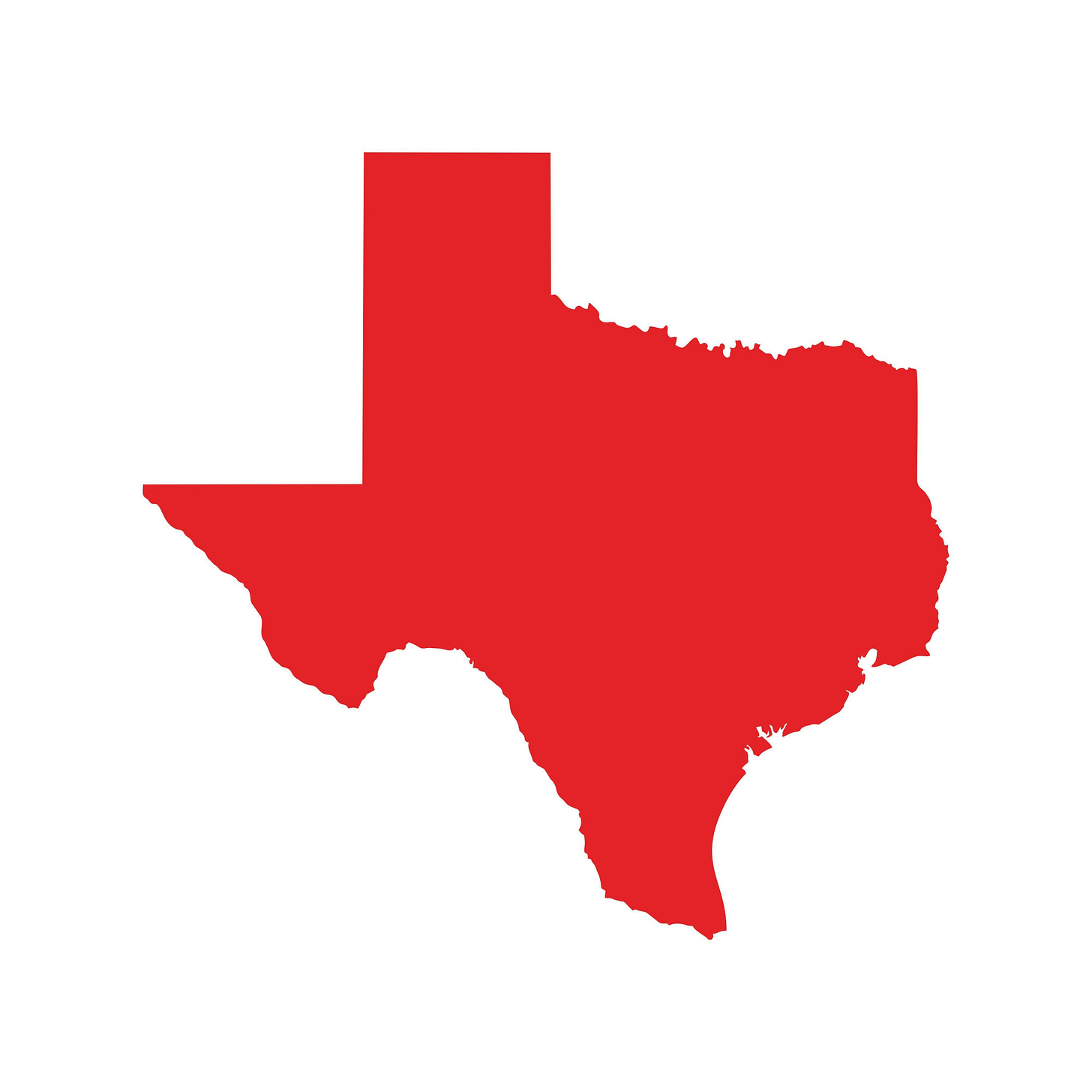E-Pluribus | January 19, 2023
Who does inclusive include; climate change alarmists dial it back; and 'diversity, equity and inclusion' in the red state of Texas.
A round-up of the latest and best writing and musings on the rise of illiberalism in the public discourse:
Matthew Yglesias: Who is included by "inclusive" language?
The push from the Left for “inclusive” language has been strong for a number of years now. Matthew Yglesias, no conservative, finds inclusive language to be anything but — perhaps for a different reason than those on the Right.
Language is arbitrary and always changing, so personally I find “getting mad at language change” to be one of the lowest forms of reactionary politics. At the same time, it’s worth just applying a little bit of common sense to the question of who is and isn’t included by saying “practicum” instead of “field.” Highly educated people and white-collar workers who spend a lot of time bored at the office staring at computer screens and reading articles are well positioned to have large and flexible vocabularies. We are used to learning new words and learning how to use them.
I am quite fluent in why we don’t characterize non-white people as “minorities” anymore, and even why affirmatively characterizing them as “people of color” is in favor rather than saying “non-white,” which tends to center whiteness. I know what it means to “center” something. I know that URM stands for under-represented minorities, and that we tend not to spell it out because “minorities” is out of favor. I also know what URM means (not Asians) and how URM is distinguished from BIPOC. I don’t talk about third-world countries.
I know these things in large part for the same reason I know how to tie a bow tie. And while everyone knows about Skull & Bones, I also know about Scroll & Key and can tell you which school has eating clubs. But while there may be merit to cultivating a set of esoteric practices for the sake of maintaining a national (or these days, increasingly, global) elite class that can recognize its fellow members, that’s like saying (à la John Rawls) that there may be reasons for even egalitarians to support a certain amount of inequality.
These elite institutions and codes of manners are not egalitarian, not just because manners are insufficient but because their purpose is to be inegalitarian. Changing “field” into “practicum” doesn’t include more people — it’s a new means of excluding people whose information is out of date.
Read it all.
David Wallace-Wells: Is Peak Climate Alarmism Behind Us?
At least since the days of Al Gore, climate activists have been routinely predicting the apocalypse as just around the corner. Writing in his New York Times newsletter, David Wallace-Wells writes that at least one group that has been known for its radicalism is shifting its strategy.
XR was a self-consciously radical outfit, decentralized in structure, and blockaded highways and stock exchanges and disrupted subway service, among other protests. The approach incurred a cost, and much of the British public turned against the group. But it also helped move the needle of public opinion on climate somewhat dramatically in Britain and generated a series of commitments from even the conservative governments under Prime Ministers Theresa May and Boris Johnson. More recently, its tactics have been embraced and replicated by a new suite of disruptive climate groups: Insulate Britain, Scientist Rebellion and Just Stop Oil, which has tossed soup onto museum canvases.
Then, on New Year’s Eve, XR U.K. made a surprise announcement: “We quit.”
“Despite the blaring alarm on the climate and ecological emergency ringing loud and clear, very little has changed,” the group declared in a statement. “As we ring in the New Year, we make a controversial resolution to temporarily shift away from public disruption as a primary tactic.” Instead, the group declared it was going to focus on mass mobilization to pressure those in power rather than shaming or inconveniencing everyday citizens.
In certain ways, the turn reflected debates that have preoccupied the group’s leadership for years. The former XR spokesperson Rupert Read has spent much of the last few years advocating for a “moderate flank” — a more broad-based climate movement less defined by its most radical members. But the XR co-founder Roger Hallam, who left the group to found Just Stop Oil, has been subtweeting the announcement from prison. (“Disruption is not a tactic,” he wrote recently, but “a way of being in the face of the infinity of evil.”) Elsewhere, other groups have staged disruptive protests, as in Germany, where police and protesters have clashed near an open-pit coal mine and Greta Thunberg has been arrested twice.
Read it all here.
John D. Sailer: DEI in the Heart of Texas
Texas (along with Florida) is the poster child for red-state thinking, but John Sailer writes for City Journal that even Texas is not immune to the diversity, equity, and inclusion juggernaut.
Diversity statements—short essays describing a job candidate’s past contributions to DEI and future plans for furthering the cause—have been controversial since they were introduced in the University of California system around a decade ago, drawing comparisons with loyalty oaths. Nevertheless, as I’ve explained, the requirement has become ubiquitous in higher education.
Texas is no exception. Developments there make clear how universities in traditionally conservative states are just as invested in expansive DEI policies. UT–Austin requires diversity statements for faculty jobs in disciplines such as data science, earth science, and even flute. UT–Dallas recommends them for jobs in engineering, geography, statistics, and many more disciplines. The Texas A&M School of Medicine recently sought a Department Head of Primary Care & Population Health. To apply, candidates had to write a statement “addressing aspirations and contributions to promoting equity, inclusion, and diversity in their professional careers.”
It’s easy to see how such policies could punish qualified academics for heterodoxy. The terms “diversity, equity, and inclusion” often imply a set of controversial views, especially regarding race and gender. As I explain in a forthcoming National Association of Scholars report, UT–Austin’s DEI efforts have involved training students and faculty on such topics as critical race theory. Other common themes that show up in DEI programming include systemic racism, microaggressions, and intersectionality.
This is why diversity statements have been criticized as ideological litmus tests. They require faculty to demonstrate their commitment to a cause that is ideologically charged. But perhaps more importantly, the use of diversity statements represents a massive shift in the priorities of universities away from the pursuit of truth and toward the pursuit of social justice.
Read the whole thing.
Around Twitter
The Twitter Files aren’t the only game in town. Now Reason and Robby Soave have the scoop on Facebook’s collaboration with government agencies to weed out “misinformation”:
Harvard has reversed course and will offer Ken Roth a fellowship after all following criticism of the school’s rescission of its original offer based on Roth’s criticism of Israel:
Finally, in a New York Times opinion essay entitled “China Helped Raise My American Kids, and They Turned Out Fine,” the author reassures readers that government as “co-parent” isn’t that bad after all… even if it’s the Communist Chinese government:











